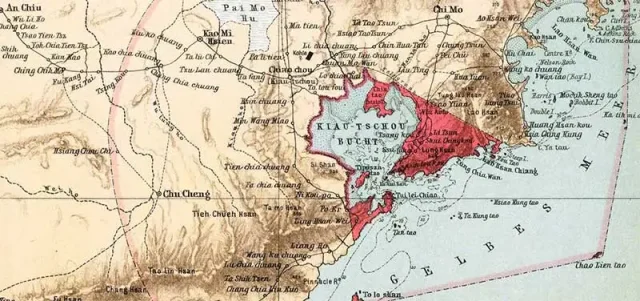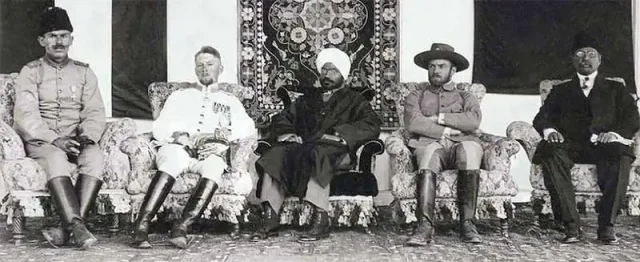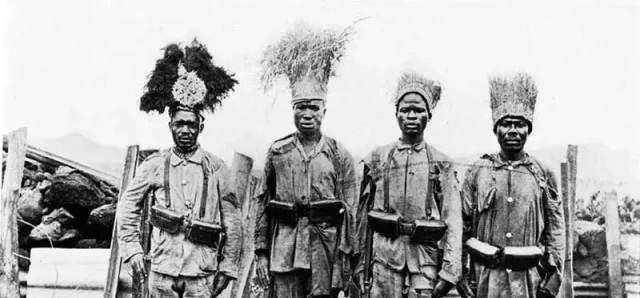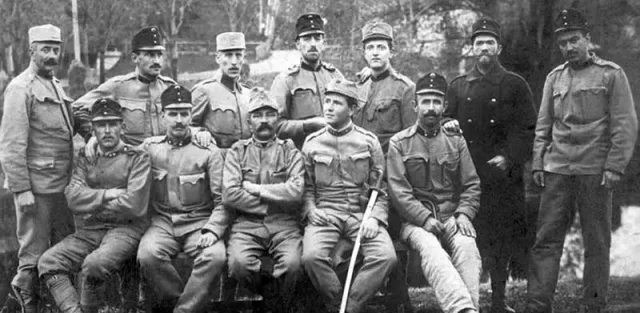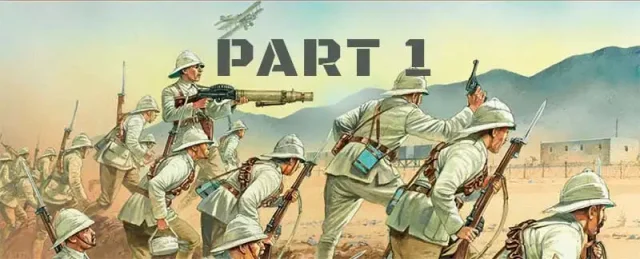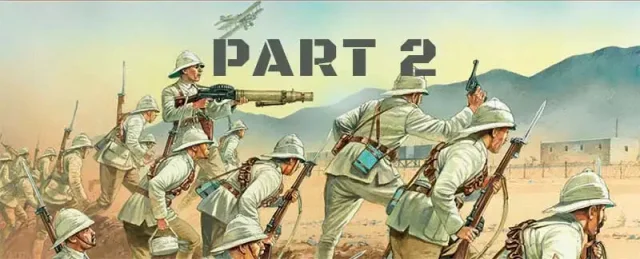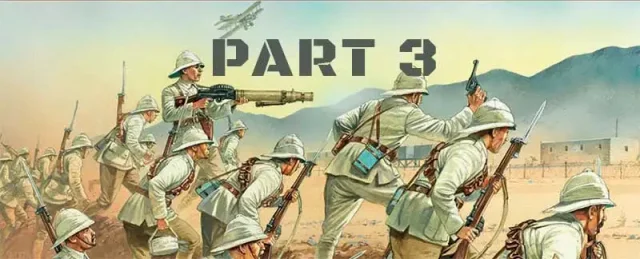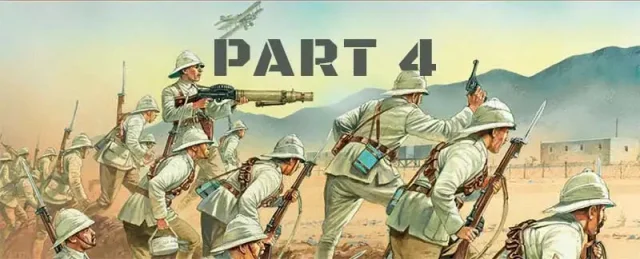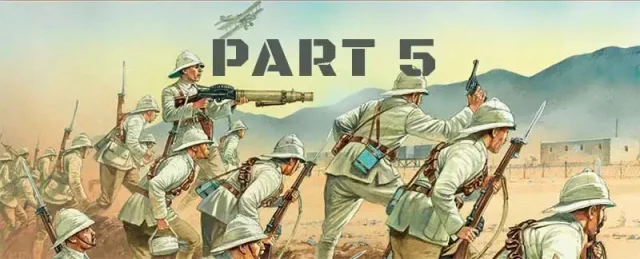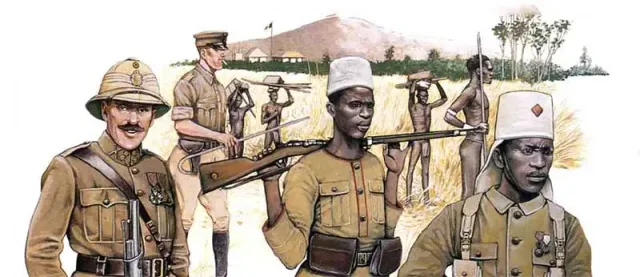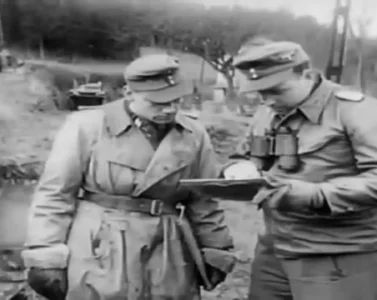- Military History
- Conflicts & Wars
- World War I
- Involved Nations WWI
Involved Nations WWI
World War I was truly one of the most tragic events of the twentieth century. The war began over a terrorist act in the provinces of the fading Austro-Hungarian Empire and could have been avoided if Germany, Russia, and France hadn't felt compelled to obey secret treaties they had signed years before. Those secret treaties turned a small conflict into one that involved every major country in Europe and eventually many other nations from around the world. In just over four years of war, nearly ten million soldiers and civilians lost their lives; billions of dollars were spent on killing machines, guns, tanks, submarines and the economies of most of the warring countries were severely disrupted; two great empires: the Austro-Hungarian Empire and the Ottoman Empire collapsed in defeat.
At the end of this terrible conflict, little had changed. Ethnic conflicts in the Balkan region continued to pit neighbor against neighbor. Attempts to create an international organization that would ensure world peace collapsed when the United States withdrew its support. Germany, though defeated, remained at odds with its rivals, France and England, and military leaders within Germany longed to avenge their defeat. Within twenty years of the end of World War I, these simmering tensions sparked another war, World War II, which returned death and destruction to the continent of Europe and to battlefields all over the world.
- {{#owner}}
- {{#url}} {{#avatarSrc}}
{{name}} {{/url}} {{^url}} {{#avatar}} {{& avatar}} {{/avatar}} {{name}} {{/url}} - {{/owner}} {{#created}}
- {{created}} {{/created}}


